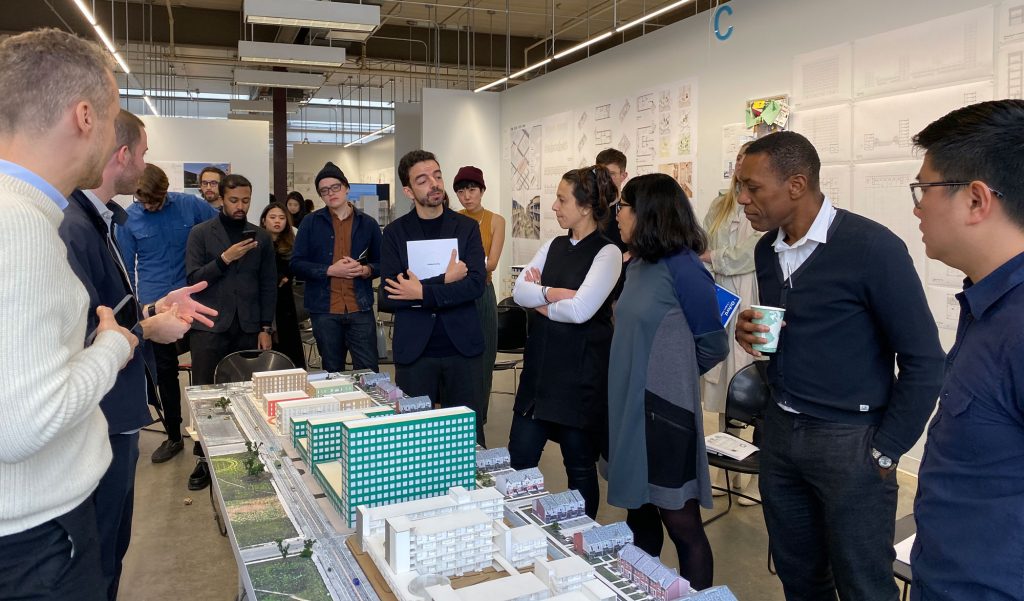This 15-credit minor equips students with the basic understanding of sustainable real estate principles, history, finance, and how development intersects and impacts the arts, sciences, and social areas. Students will gain the necessary skills and experience to incorporate real estate and market fundamentals in addressing issues in the built environment related to housing, retail, office, commercial, and industrial uses.
Learning Outcomes
Students will be able to:
Explain the ways in which policy, finance and economics shape the built environment and produce a varied set of outcomes that are dependent on geography, access to information and capital, demand, and available resources.
Evaluate and understand our existing mechanisms for constructing, financing, and managing property developed for a myriad of use types, populations and specific conditions.
Demonstrate an ability to understand the basic principles of development, finance and management of a variety of assets.
Engage with a range of professions seeking a basic knowledge and understanding of the development process.
Interact with fellow students interested in the field, and with alumni, local practitioners, and thought leaders working in areas that touch various aspects of sustainable real estate and development.
Participate in co-curricular activities such as the Michigan Real Estate Club and its annual RE:Con conference, real estate-related public programs, and industry internships.
Career Outcomes
A grounding in sustainable real estate development can create a range of career pathways that augment knowledge gained in a student’s chosen major. These include but are not limited to:
- Community Development
- Management and Operations
- Advocacy
- Law and Policy
- Finance
- Asset Management
- Public Sector Employment
- Urban Planning / Urban Design
- Sustainable Development

Student Criteria
The Real Estate minor currently is open to undergraduate students enrolled at Taubman College, Michigan Ross, the Schools of Kinesiology, Public Health, Information, The Stamps School, SMTD, The Ford School of Public Policy and the College of Engineering.
- Sophomore standing and above
- Declared major
- In good academic standing
* Students who have elected the Urban Studies minor are not eligible for the minor in Real Estate due to the substantial overlap in coursework.
Academic Advising
Students wishing to pursue the minor need to complete a declaration of the minor, which is submitted to their home unit/school for adding/processing on their student record.
Students are responsible for completing a final audit of the minor with Taubman College Advising and a minor release form would then be submitted to their home unit/school.
For questions or to schedule an advising appointment, contact taubmancollegeadvising@umich.edu.



